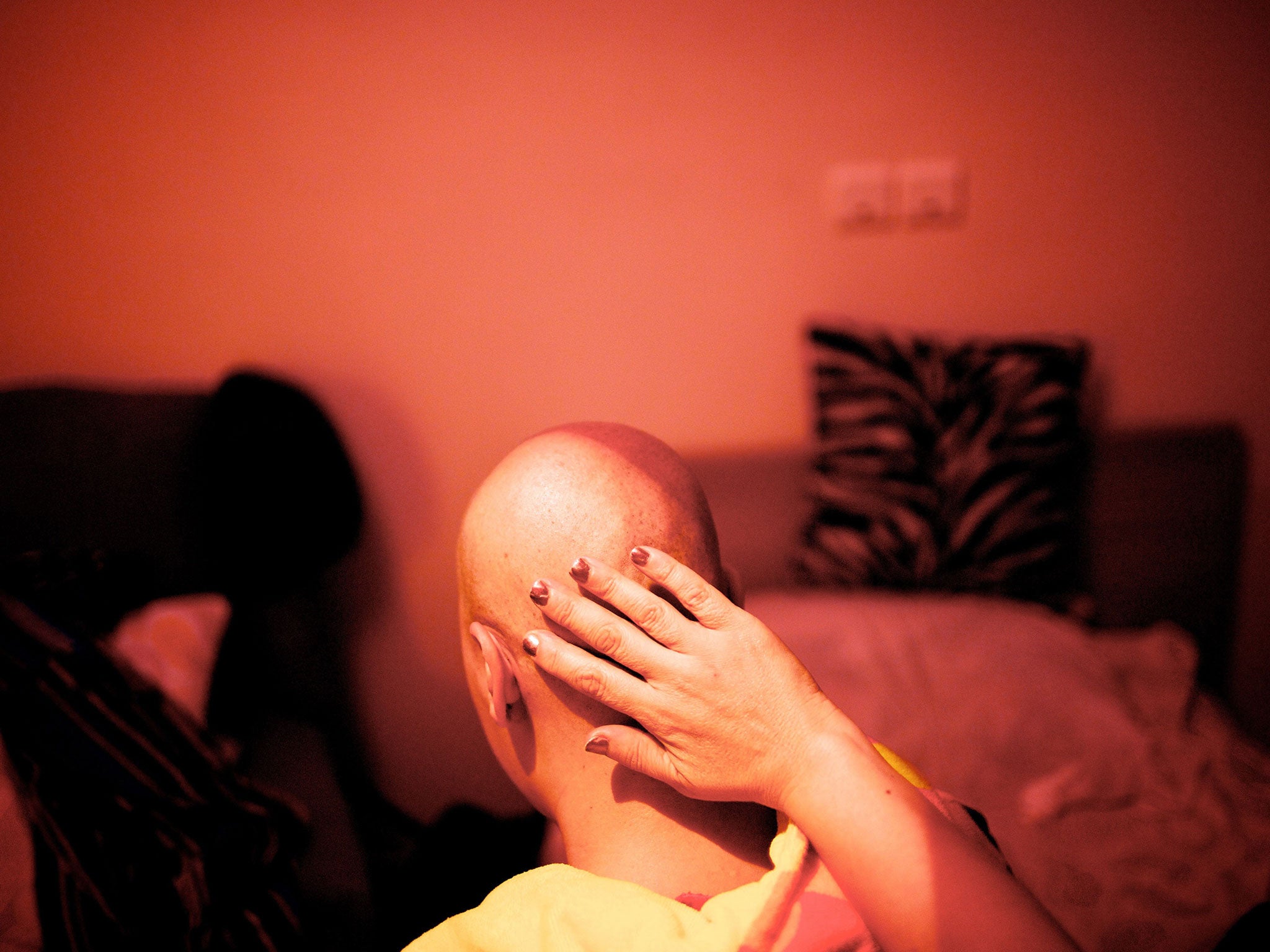Private healthcare companies accused of using tax relief to undercut the NHS
Exclusive: There is competition to provide treatments at patients' homes

Your support helps us to tell the story
From reproductive rights to climate change to Big Tech, The Independent is on the ground when the story is developing. Whether it's investigating the financials of Elon Musk's pro-Trump PAC or producing our latest documentary, 'The A Word', which shines a light on the American women fighting for reproductive rights, we know how important it is to parse out the facts from the messaging.
At such a critical moment in US history, we need reporters on the ground. Your donation allows us to keep sending journalists to speak to both sides of the story.
The Independent is trusted by Americans across the entire political spectrum. And unlike many other quality news outlets, we choose not to lock Americans out of our reporting and analysis with paywalls. We believe quality journalism should be available to everyone, paid for by those who can afford it.
Your support makes all the difference.Private healthcare companies have been accused of getting unfair tax relief when competing with the NHS to provide treatments such as chemotherapy for patients at home.
NHS Trusts are increasingly trying to treat patients in their own homes, rather than making them travel to hospitals. The service is often provided by private companies working under contract to the NHS, rather than directly by NHS nurses and carers.
The government argues that private firms may be able to do this cheaper than the NHS. But it has now emerged that the competition appears skewed because, while private firms can recover the 20 per cent VAT they incur on purchasing drugs, the NHS cannot.
That means the private provider’s service can appear many thousands of pounds cheaper than NHS provision when bidding for contracts.
The accusations will give fresh fuel to critics who claim there is an inherent bias in government policy towards favouring privatisation of large swathes of the health service.
The difference VAT makes can be substantial, as a document on Bupa’s website entitled “Economic Attractiveness: home chemotherapy” illustrates. This shows Bupa saves £244 for each infusion of Herceptin due to its “nil” VAT status. As the Bupa document says, after other overheads, “for a cohort of 50 patients an annual saving of £187,000 can be made”.
HMRC said: “The NHS trust will incur VAT on the cost of buying the drugs which it cannot reclaim, but the NHS is funded for their irrecoverable VAT under Government funding arrangements.”
But the Bupa document makes no mention of that, highlighting instead its £244 VAT saving. Meanwhile, some NHS sources say the VAT shortfall is not fully made up by the Government.
Michael Gold, who stood as a Green Party general election candidate for Walthamstow in London and campaigns on NHS issues, brought the tax situation to The Independent’s attention. He said: “What we are seeing here is that VAT is used as support for private companies without any consideration of what it is doing to the NHS.”
Last year The Independent found similarly advantageous VAT treatment for private firms bidding to run hospital pharmacies.
One leading VAT accountant said that this tax system had been established to encourage competitors into the market, giving the NHS the chance to find better value for money.
But Unison’s Head of Health, Christina McAnea, said: “Healthcare companies should not be able to undercut the NHS by claiming back VAT that the public sector is unable to. While the scales remain tipped in private firms’ favour, it will be easy for them to keep on winning contracts.”
The issue of VAT is largely overlooked in the debate over private provision of health services, but when contracts are being negotiated it appears to be a major factor. A recently leaked tender document for the contract to run Staffordshire cancer services encouraged bidders to come up with a “VAT-efficient model”.
Private companies have successfully challenged in the courts attempts by HMRC to impose more VAT on them in what is a complicated area of tax law. Bupa Home Healthcare managing director Tiffany Hall said the NHS and private companies are treated equally for VAT on home care – a claim apparently at odds with HMRC’s statement.
She said the Economic Attractiveness document was comparing the cost of NHS chemotherapy treatments for day-case patients in hospital with Bupa’s at-home service.
She added: “We have been asked to demonstrate the cost benefits of home healthcare compared to care in a hospital, which is why we produced this document. It was produced three years ago and is out of date. It is being removed from our website.”
Join our commenting forum
Join thought-provoking conversations, follow other Independent readers and see their replies
Comments